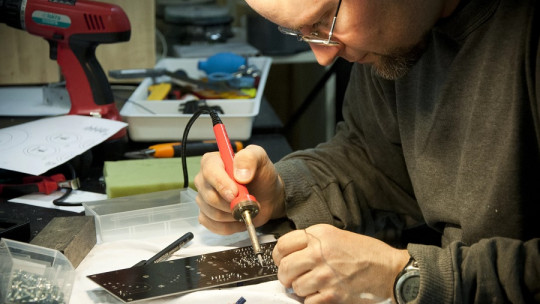Is the figure of the career counselor really useful?
In the current situation in which we live, where unemployment and professional overqualification are the order of the day, many people wonder what vocational guidance is for. Is the figure of the career counselor really useful?
Professional guidance could be defined as that help mechanism that the psychologist designs so that a person, be it a teenager who does not know what to study, or be it an unemployed person who cannot find a job, has better options to prepare for their future and can gain access to a specific profession.
What are the functions of a career counselor?
Professional guidance implies a very broad field of action. In fact, within this help process, psychologists carry out more exhaustive work that can also be extended to other areas, such as labor contracting It is these professionals who study the personalities and skills of the candidates in the selection tests, guaranteeing that the professional hired is the one the company really needs.
As we have indicated, the professional counselor carries out a very broad and deep work to carry out his work with rigor. In addition to helping unemployed people look for a new job opportunity, this specialist is in charge of creating the necessary community mechanisms so that there are real possibilities of insertion
He Statute of the Career Counselor establishes that this professional must also be able to organize the most suitable itinerary for the person looking for employment or an improvement thereof. must show the plaintiff What elements do you have? to look for work and must show you What are your skills to be able to adapt your search. Lastly, it is also up to this professional to promotion of those people who have integration problems whether due to their social and/or cultural origin, their economic situation, their physical and/or mental ability or their family condition.
Precisely for all of the above, its role in the society in which we live is extremely necessary, especially when the employment situation continues to take its toll on the most disadvantaged and those groups most susceptible to marginalization.
What mechanisms does the career counselor use?
To carry out their work effectively, professionals rely on a series of instruments to guide those people who need it in the workplace. One of them is the CIPSA test of professional interests which helps to know the expectations of the plaintiff or student with whom we are working.
Another test that they also use is the Professional Interests and Preferences Test (IPPP) , which, as its name indicates, examines the interests, not competencies, of the subject. Similar to it is the Career Preference Inventory which, among other things, evaluates professional and vocational preferences.
In addition to all these tests, the counselor bases his work on the observation and direct contact that the interviews give you. This tool is perhaps the most effective, since it will help you compare the data provided by the tests, as well as to more accurately assess the subjects’ abilities and expectations. Without a doubt, an essential job to know the work and training reality of our society.









